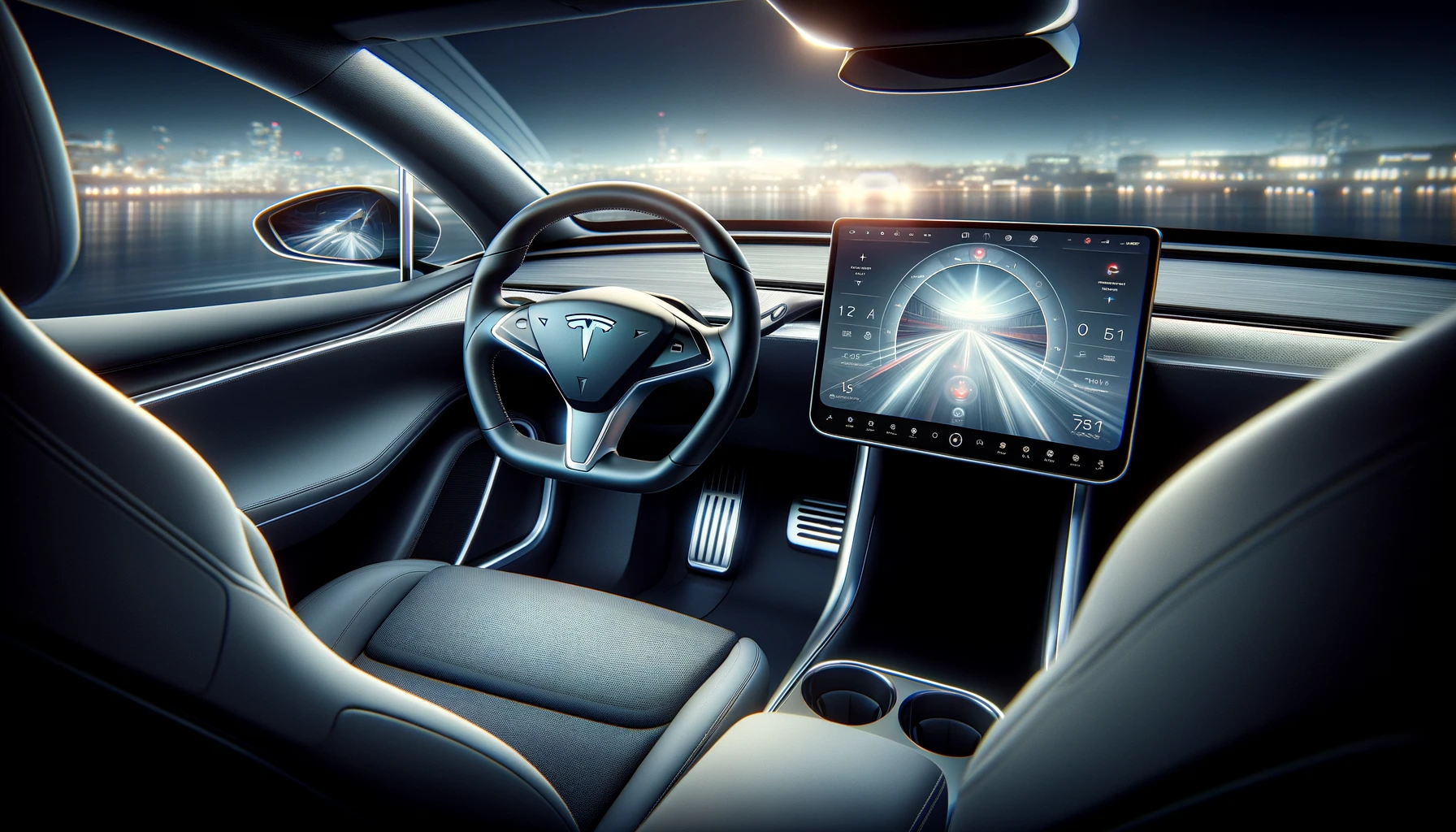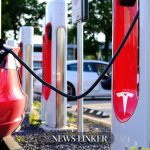Elon Musk, the CEO of Tesla, recently spoke with Nicolai Tangen, Chief Executive Officer at Norges Bank Investment Management, during a X Spaces session. Musk conveyed a sense of optimism regarding the future of Tesla’s operations in Sweden, despite recent tensions with the trade union IF Metall. His confidence comes in light of the ongoing dispute which began in October and has seen a series of protests and sympathy strikes by allied unions. Musk’s positive outlook signals a potential de-escalation of the conflict and a focus on Tesla’s long-term prospects in the region.
The conflict between Tesla Sweden and IF Metall has taken various forms over the past months, with Supercharger blockades and operational disruptions being reported. This situation is part of a broader narrative within the automotive industry, where companies are increasingly navigating the complexities of global expansion and labor relations. Tesla’s journey in Sweden has become emblematic of the struggles and negotiations that multinational corporations must undertake when entering new markets and engaging with local labor forces.
Tesla’s Struggle with Unions and Supercharger Access
Despite the challenges presented by IF Metall and their sympathizing unions, Tesla has managed to mitigate the impact of trade union actions. In a particularly bold move, other unions have begun to hinder the connection of Tesla’s Superchargers to the electrical grid, which could hamper the company’s charging infrastructure. This escalation comes at a time when Tesla’s Superchargers are increasingly utilized by a range of electric vehicle drivers, not just those driving Teslas, indicating a broader impact on the EV community.
Impact on Electric Vehicle Infrastructure Development
The conflict has rippled beyond the immediate relationship between Tesla and IF Metall, potentially affecting the electric vehicle infrastructure in Sweden. Superchargers are a critical component in the support system for EVs, and disruptions to their rollout could influence consumer confidence and the adoption rate of electric vehicles. The unions’ efforts underscore the significance of labor agreements and the power of collective bargaining, particularly within the public sector and municipally owned companies.
International Perspectives on Tesla’s Labor Relations
Examining the situation from a global perspective, an article from “Bloomberg” focused on Musk’s public handling of union relations, particularly in Germany, where Tesla faced similar challenges. Additionally, an article from “Reuters” highlighted the contrast between Tesla’s labor strategies and those of traditional automakers. These pieces provide a wider context for understanding Tesla’s labor disputes and the company’s strategy in dealing with trade unions worldwide.
Bloomberg, “Musk’s Germany Factory Faces Union Hurdles”
Reuters, “Tesla’s Labor Strategy Sets It Apart from Legacy Automakers”
Useful Information
- Musk expresses confidence in Tesla Sweden’s recovery.
- Supercharger access conflicts affect broader EV infrastructure.
- Strikes illuminate the influence of collective labor agreements.
The ongoing conflict between Tesla and trade union IF Metall has not only challenged Tesla’s operational capabilities but also raised questions about the future of labor relations in the era of electric vehicles. Elon Musk remains steadfast in his belief that Tesla will overcome these hurdles, even as unions exert their influence over essential services like the electrical grid. This situation highlights the delicate balance between corporate expansion and the adherence to local labor practices, with potential implications for the EV market‘s growth in Sweden and beyond.










